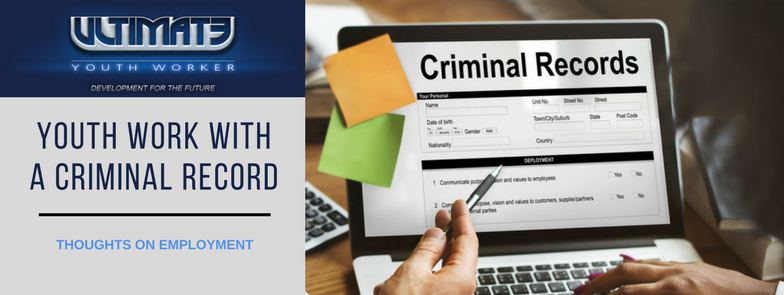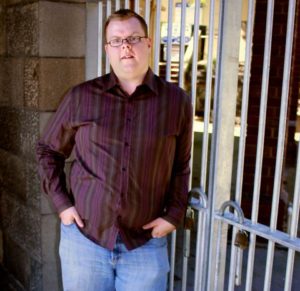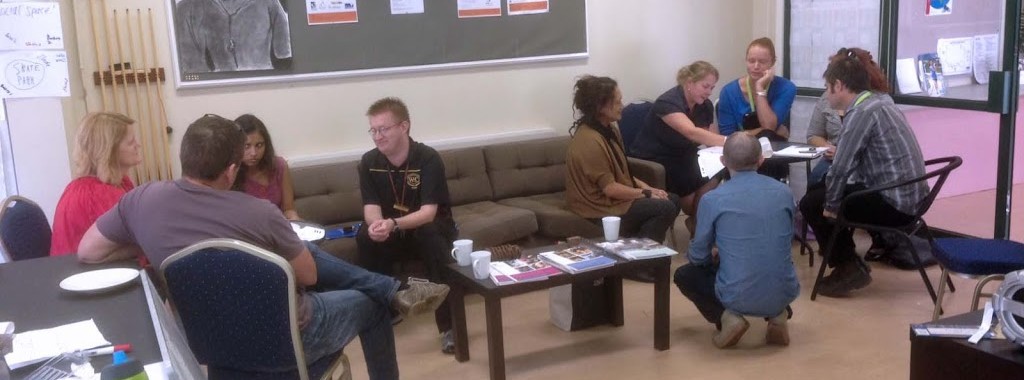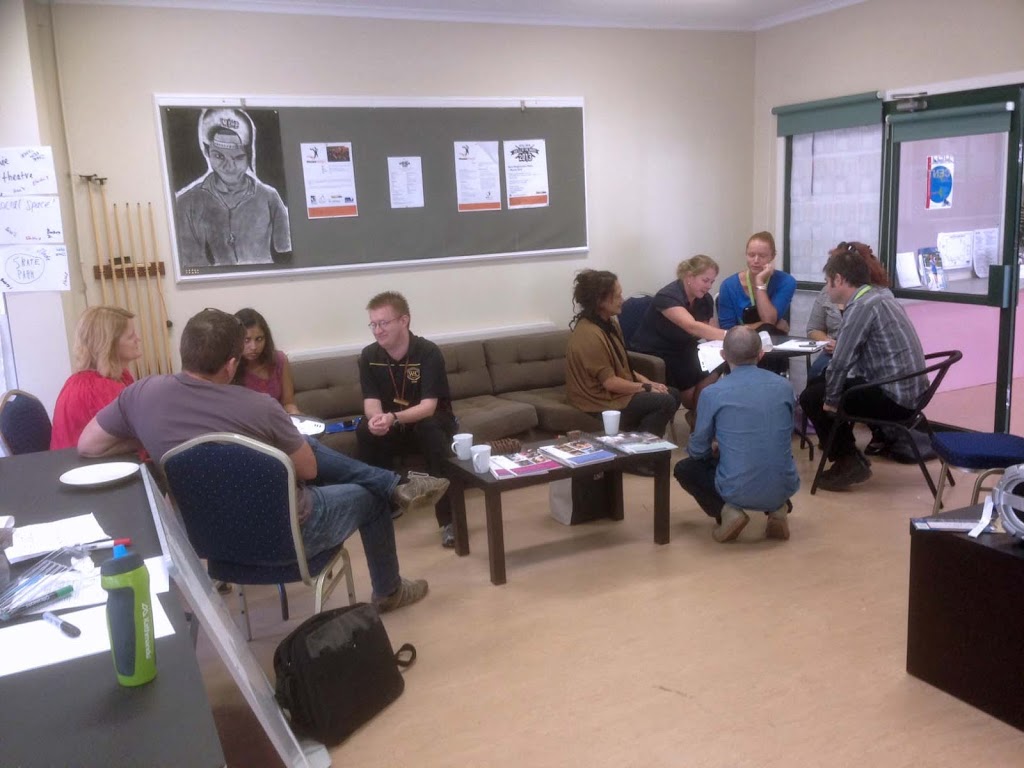
In this episode of the Ultimate Youth Worker Podcast ‘I want to quit’ Aaron speaks to us about how to resign from a youth work position well. Regularly at Ultimate Youth Worker we speak with people who are ready to move on from the position they are in. It may be that they are moving on to greener pastures and with the blessing of their manager or it may be that they hate where they work and already have a foot out the door. All of these people get a conversation about how to resign well and now we will give you that information too.
In testing times people have one of two ideas about their job. They either dig in and stick it out or they throw in the towel and say ‘I want to quit’. We are currently in testing times with the corona virus spread throughout the world and we know that there are youth workers who are ready to quit. When there is an economic downturn we see people hold on to their jobs tightly. When there is an upturn we see people move on. So how do we resign well? There are three stages…
- Prepare to resign
- Resign
- Act professionally in the interim
Prepare to resign
- The process will take 6 weeks!
- Have 6 weeks cash in the bank
- Make sure you have the other job first
- Assume you will be shown the door straight away
- Prepare a transition file
- Make a bunch of lunch appointments
- TELL NO ONE!!!
Resign (don’t quit)
- Don’t resign in writing
- Do it privately and with your boss
- Never resign in anger
- Say nothing negative…EVER
- Say it the right way (don’t say ‘I want to quit’
- You don’t have to answer any questions
- Be ready to leave immediately
- Take your transition file with you
- TELL NO ONE!!!
Act professionally in the interim
- Expect a counter offer
- Expect to become disenfranchised and ostracised
- Expect to work hard during this period
- You should go home on time too
- Do not say anything during your exit interview
- Solidify your network
Today’s resources
Here are links to some articles and training that have bearing on todays podcast.
Thanks for Listening!
To share your thoughts:
- Share this cast with a friend or colleague.
- Leave a note in the comment section below.
- Share this show on Twitter, Facebook, or Pinterest.
To help out the show:
- Leave an honest review on iTunes. Your ratings and reviews really help the podcast and I read each one.
- Subscribe on iTunes.


 Unfortunately, there will always be people and organisations who see a criminal record and take that to mean you are unsuitable. These people and organisations will judge you without the opportunity for explanation or recourse.
Unfortunately, there will always be people and organisations who see a criminal record and take that to mean you are unsuitable. These people and organisations will judge you without the opportunity for explanation or recourse. 
